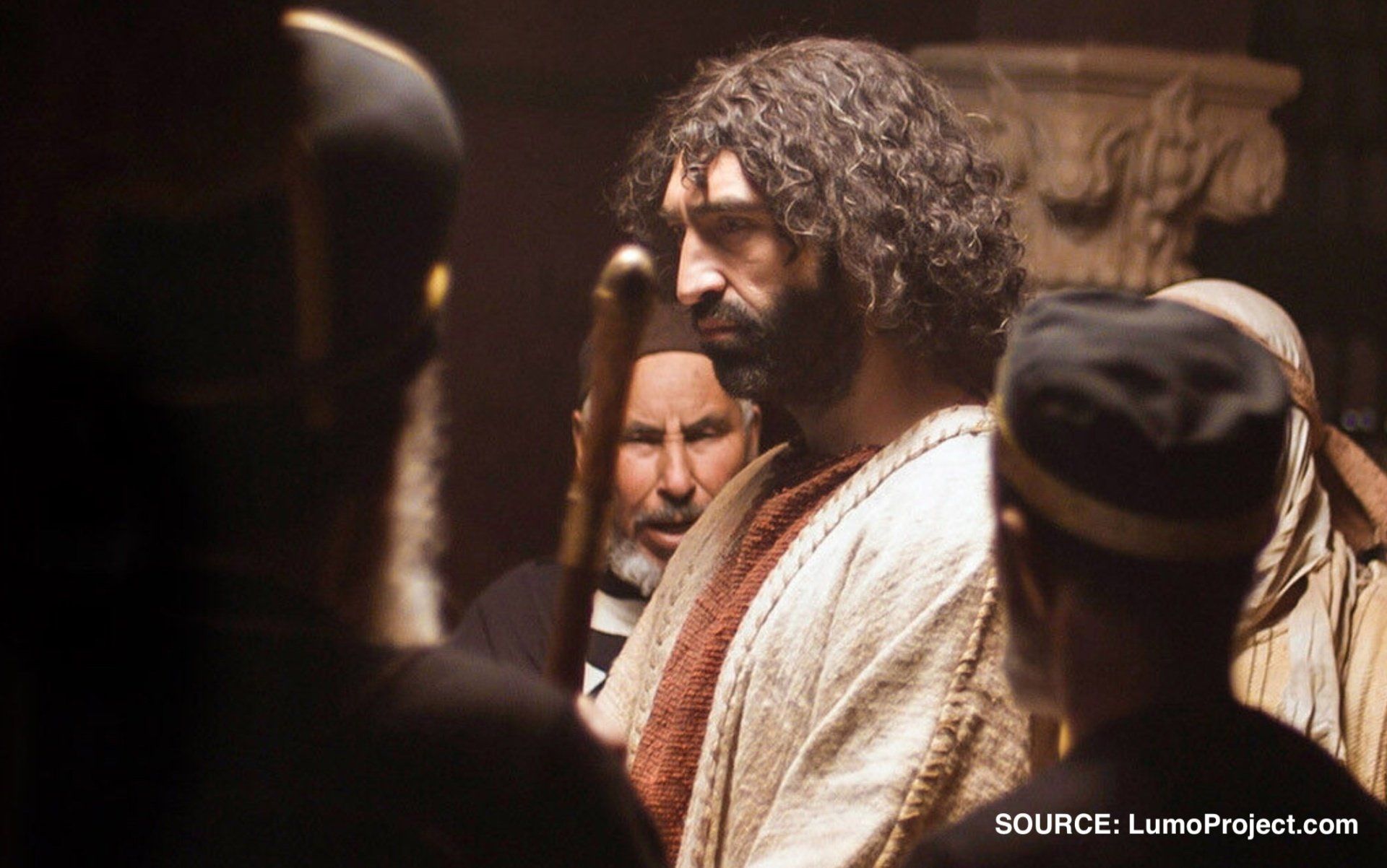When to Remain Silent
A Serving Leadership Insight from the Life of Jesus Christ (Mark 14:55-61)
“Many testified falsely against him, but their statements did not agree….But Jesus remained silent and gave no answer.” (See Mark 14:55-61 for full text)
In Mark 14:55–61, Jesus remained silent while false accusers fired their verbal bullets, attempting to trap him. The fact that, “the chief priests and the whole Sanhedrin were looking for evidence against Jesus so that they could put him to death,” reveals a fatal flaw in their leadership. Looking for evidence to support their assumptions meant they were blinded to truth. Claiming to know the truth, these religious leaders had no capacity for it given their heart motivation. Chaos and disagreement often result as evidenced in this text: “Many testified falsely against him, but their statements did not agree.” Exasperated, the high priest finally stood up and asked Jesus, “Are you not going to answer? What is this testimony that these men are bringing against you?” Yet Jesus remained silent, refusing to defend himself in an environment where truth was not valued. He knew who he was and whose he was—nothing else mattered.
KEY QUESTIONS: How hard is it for me to remain silent when falsely accused? Do I tend to internalize attacks on my character and become bitter or do I instead try to understand where an opponent is coming from? Why would the latter assist me in choosing a proper response (in Jesus’ case—forgiveness)?















